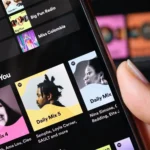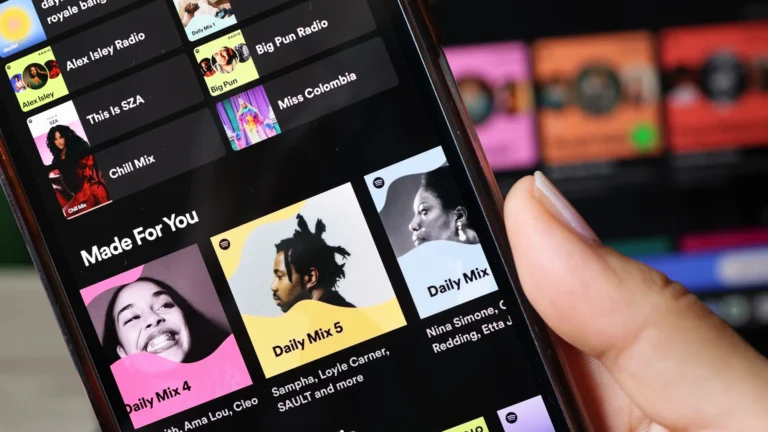The U.S. government is pushing back against TikTok’s latest attempt to delay a new law that could lead to the app being banned in the country unless its Chinese parent company, ByteDance, sells the platform. This law, set to take effect on January 19, 2025, is part of broader efforts to address national security concerns linked to foreign-owned technology platforms.
What’s Going On?
A law known as the Protecting Americans from Foreign Adversary Controlled Applications Act was signed by President Joe Biden in April 2024. The law targets apps owned by companies from nations the U.S. deems security threats, such as China, Iran, and Russia. TikTok is specifically named as a concern due to fears that it could share sensitive user data with the Chinese government or influence content shown to American users. TikTok, which has more than 170 million users in the U.S., denies these allegations, asserting that it doesn’t share data with the Chinese government.
Unless ByteDance sells TikTok, the app will face significant restrictions starting in January 2025. App stores would no longer offer TikTok, and updates would be blocked, potentially causing the app to become unusable over time.
TikTok’s Legal Response
In December 2024, TikTok’s efforts to challenge the law in federal court hit a major setback when a federal appeals court rejected its lawsuit. ByteDance and TikTok now plan to take their case to the Supreme Court. On December 9, TikTok filed an emergency motion asking for a temporary injunction to delay the law’s enforcement, arguing that the Supreme Court should have the final say in such a critical case.
TikTok’s motion also hints at political considerations. The company suggested that the incoming administration might pause or adjust the enforcement of the law, potentially avoiding the need for Supreme Court intervention altogether.
The U.S. Government’s Position
The Justice Department strongly opposes TikTok’s request for a delay. In a court filing on December 11, the government argued that TikTok has not provided sufficient justification for postponing the law. It warned that granting an indefinite delay could undermine Congress’s efforts to address national security risks.
The filing emphasized the urgency of the situation, stating that any delays could hinder the government’s ability to protect U.S. interests. If the court were to consider TikTok’s request, the government suggested setting strict conditions, such as requiring TikTok to petition the Supreme Court within seven days to ensure the case is resolved promptly.
Economic Implications
TikTok has highlighted the economic impact of its platform in the U.S., claiming it contributed $24.2 billion to the economy through advertising and marketing in 2023 alone. The company also warned that a ban would hurt small businesses and creators, who could lose billions in revenue and earnings within a single month.
What’s Next?
The Supreme Court’s decision will play a critical role in determining TikTok’s future in the U.S. If the court doesn’t intervene and ByteDance refuses to sell the app, TikTok could be banned, significantly affecting millions of users and businesses.
This case could set a major precedent for how the U.S. government handles foreign-owned tech platforms, balancing national security concerns with economic and digital innovation. As the January deadline looms, the world will be watching to see how this high-stakes legal battle unfolds.
Why Does This Matter?
For everyday TikTok users, this fight isn’t just about the app—it’s about privacy, national security, and the future of tech in a globally connected world. Whatever the outcome, it will shape how the U.S. interacts with foreign technology for years to come.














+ There are no comments
Add yours